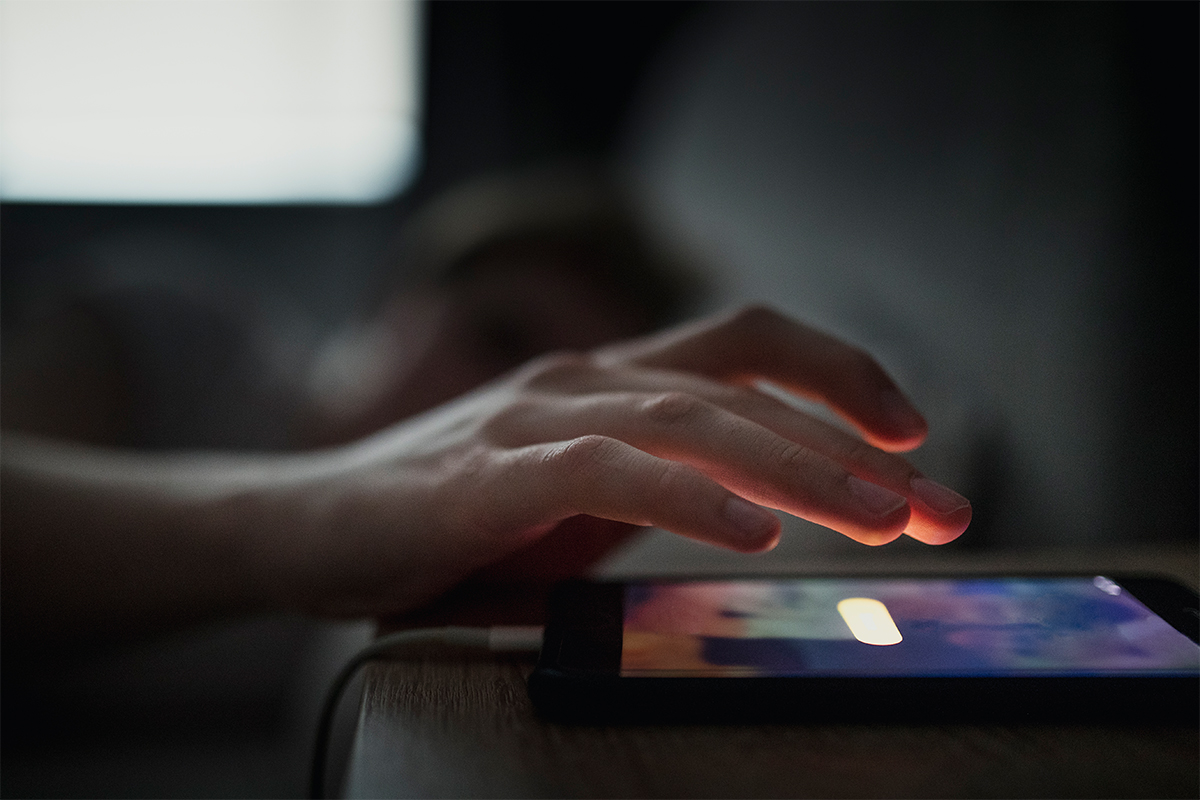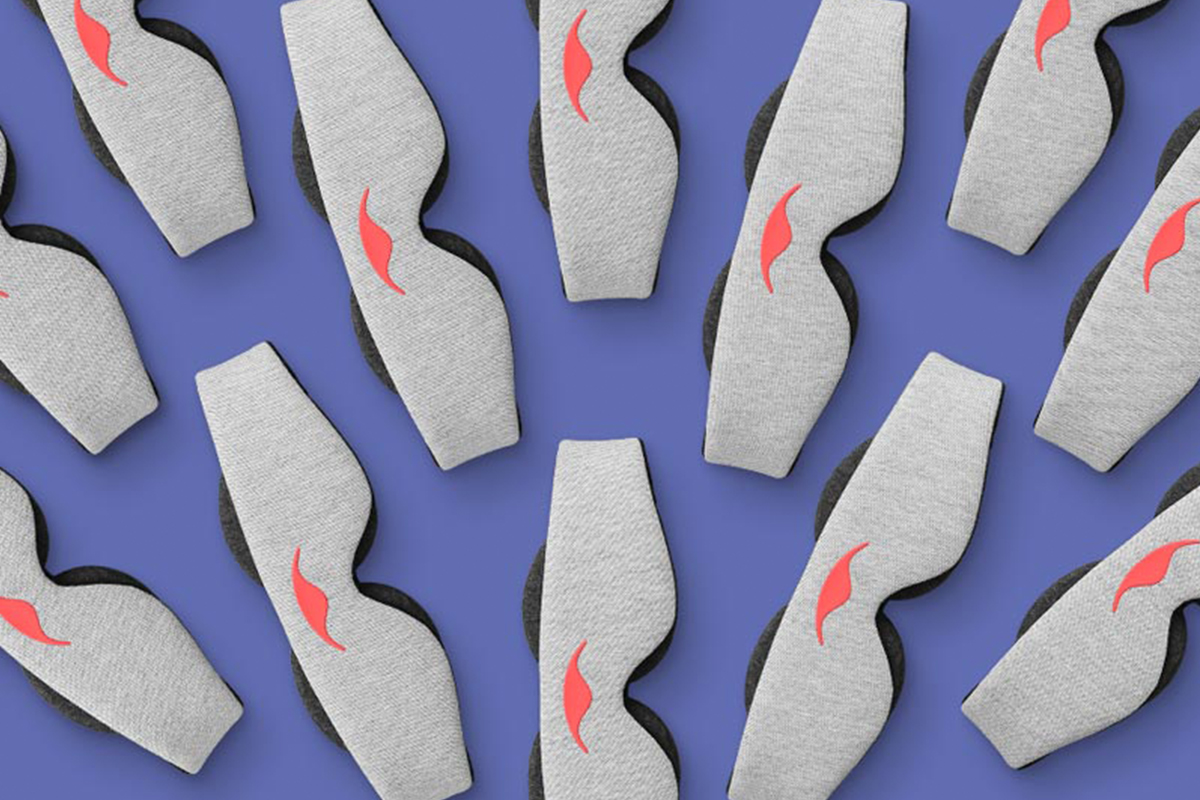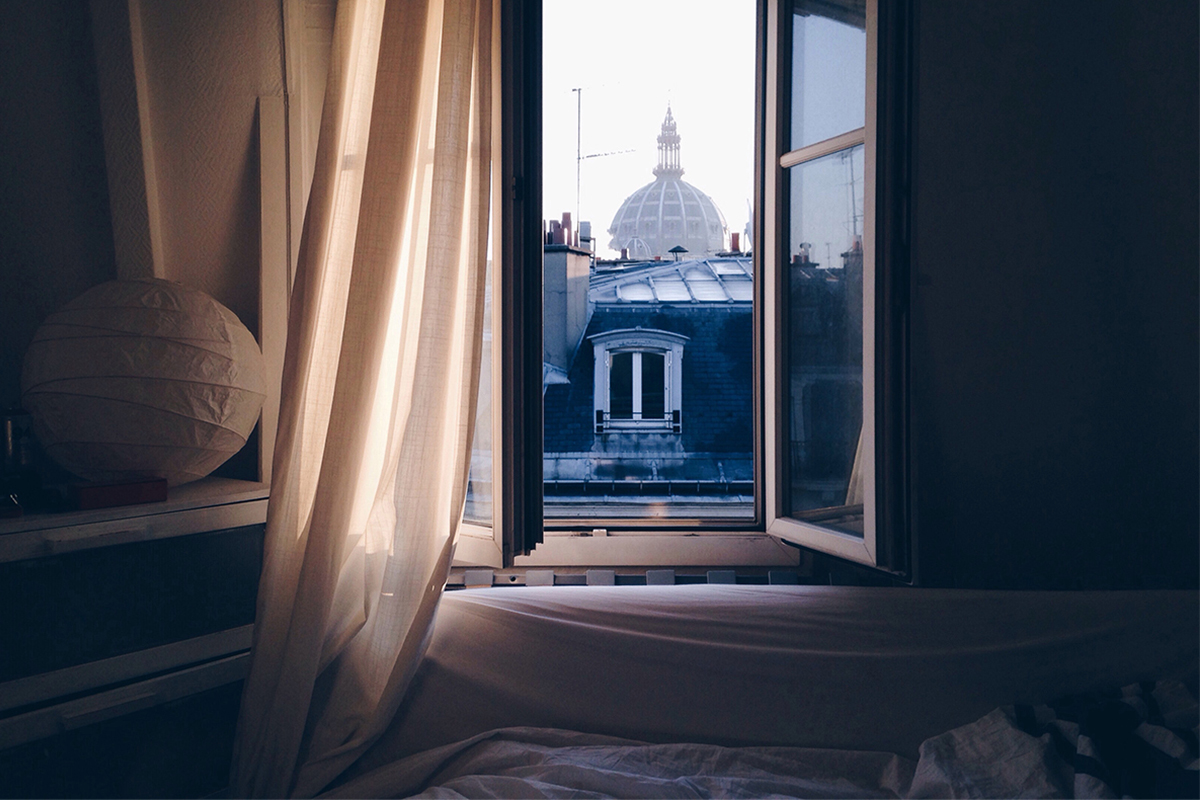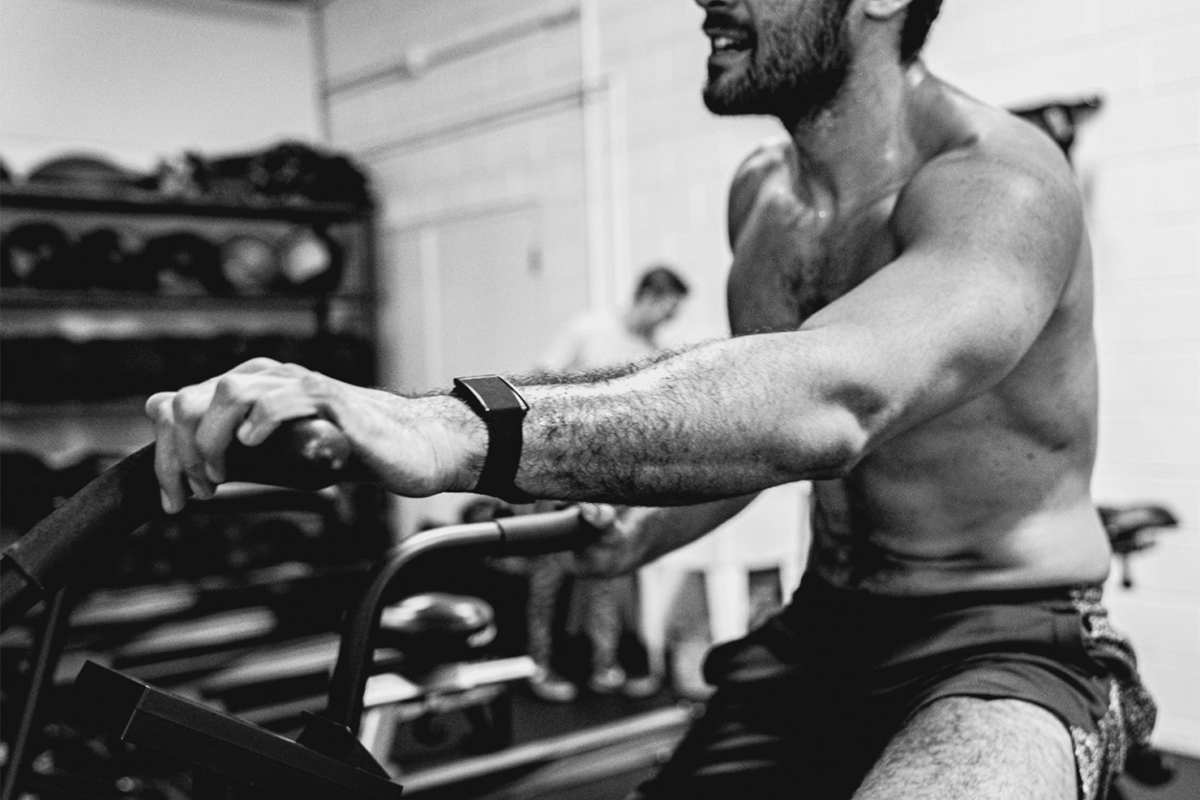Over the last few years, we’ve all wised up to what probably should’ve been self-evident all along: zapping our brains with backlit screens minutes before heading to bed is not an ideal recipe for better sleep.
Blue light — with its melatonin-suppressing wavelengths — is public enemy number one of somnologists. In response, some motivated sleepers have made an effort to “tech detox” their bedrooms, replacing phones and laptops with books and analog alarm clocks. That’s a great start. But if the goal is consistent, quality sleep, you can go beyond eliminating blue light from your wind-down routine.
In order to fine-tine your sleep-wake cycle, your nighttime bedroom should be free from light of any kind.

I’ve been wearing a WHOOP fitness tracker for a couple months now, and one of my favorite features on the platform is “sleep disturbances.” Each evening, the strap records the number of times you wake up. It can’t pinpoint the cause, obviously — whether it’s a siren wailing on the street, or one of your housemates got up to use the bathroom — but it can give you an understanding of how many disturbances is too much (they can add up to an hour of lost sleep a night), and clue you in to which modifications, if any, might help.
For me and millions of other sleepers, one of the biggest disruptors to a steady night’s sleep is unnecessary light. It’s everywhere. Think: charging electronics, hallway night lights, street lamps just outside the window, sunrise. In some ways, this isn’t our fault: we’re trying to cram a prehistoric prerequisite (our circadian rhythms) into a developed, post-industrial society. But in some cases — as with people who literally make a point to fall asleep in front of a television each night — we’re clearly self-sabotaging.
Removing these light sources is the most turnkey solution you can do to limit sleep disturbances tonight. When you sleep clear through the morning, your body is devoting a healthy amount of time to each stage of sleep, including the extremely crucial NREM Stage 3, also known as “deep sleep.” This is when the brain reset and recovers after a day of problem-solving, the pituitary gland secretes human growth hormone (which helps muscle tissue regenerate), the body fights off infections and memories are filed away for future consumption.
Ideally, a quarter of your night is spent in deep sleep. But if your mind is too preoccupied with light sources around your room, you’re going to have a hard time progressing past sleep’s lightest stage. (Think of that jittery, surface-level sleep you slip into on a flight.) This won’t just make you groggy the following morning. Over time, it can actually lead to depression; a study published in the American Journal of Epidemiology found that even subtle nighttime light exposure led to depressive symptoms. The subjects of the study were all elderly, which makes the findings all the more alarming, considering senior citizens have a harder time with light reception.

What can you do? Embrace the blackout. If you don’t mind sleeping with an eye mask, pick one up from Manta. Based out of Wyoming, the young brand makes masks with soft foam “goggles” on the interior that ensure your eyelids never come into contact with the fabric, and you can’t see a lick of the room. For the easily over-heated, Manta also has a COOL Mask, where the eye cups are made of cooling beads. And if you’re simply not a mask person, or you’re convinced you’ll fight it off your face in the middle of the night, blackout curtains remain your best bet.
That doesn’t have to mean a giant black sheet thumbtacked over the window like you’re on the lam. Blackout curtains are made of all sorts of materials — like polyester, felt or suede — and come in a variety of shades and styles (like these heavy white curtains with a geometric design from Society6). On top of stiff-arming 90% of light, they protect against another classic culprit in the sleep disturbances battle: temperature. In the summer, any blackout curtain worth its salt is also going to keep heat at bay, which will keep your bedroom’s climate under control and possibly reduce your utility bill.
If there’s one complaint about a blackout curtains, it’s that people feel like they get a little too good at sleeping. Without an alarm, they might go on snoozing into the afternoon. But that’s a good problem to have. If you’re not a fan of the sudden wake-up (which is understandable), consider a machine that gently introduces light into the room, like Hatch Restore. There’s science behind the efficacy of the progressive, natural wake-up — but leaving yourself at the mercy of your window is leaving yourself open to potential havoc in the middle of the night.
When we set up our bedrooms, we tend to focus on the more immediate, tactile aspects of sleep: the complexly layered mattress, the fancy sheets, the memory foam pillows. But in reality, optimizing the atmospheric conditions (light, temperature, air quality) of said room may be the key to getting a good night’s rest. Invest accordingly.
Whether you’re looking to get into shape, or just get out of a funk, The Charge has got you covered. Sign up for our new wellness newsletter today.

















